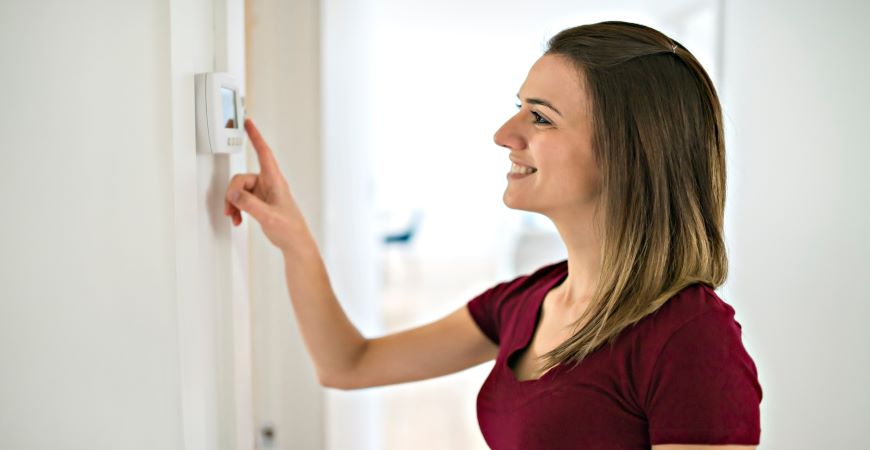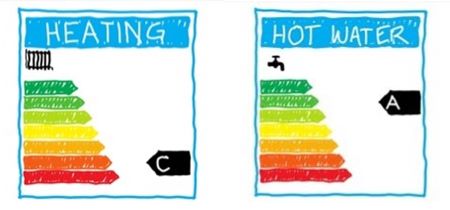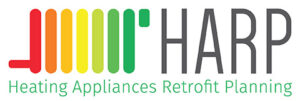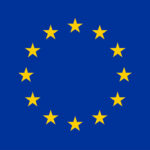Summertime may not immediately inspire thoughts of winter heating, but the urgent task of finding cost-efficient and consumer friendly ways to improve heating and insulation goes on.
Euroconsumers’ member organisations OCU and Deco have been part of the EU Horizon 2020 programme Heating Appliances Retrofit Programme (or HARP) which aims to reduce damaging emissions from home heating systems. They worked alongside 18 partners to help consumers reduce energy bills, cut carbon impact and contribute to Europe’s climate goals.
Home retrofits can cut household heating carbon emissions
To meet the ambitious climate and decarbonisation targets set out in the Green Deal, Europe needs a sharp decrease in the use of fossil fuels. HARP is contributing by testing the best ways to motivate consumers to update or improve inefficient home heating systems to reduce emissions from household heating. Research shows that over half of homes studied were inefficiently heated and only 9% were powered by renewables.
Yet when it comes to updating a heating system, consumers are creatures of habit, as 70% will use the same technologies bought previously without looking for new, more efficient heating solutions. A lack of knowledge about choices and adaptations available and time constraints can mean that better solutions are missed. Understanding these behaviours and the best ways to encourage change is critical.
HARP is tackling the consumer switch to renewable and efficient energy heating
The HARP project aims to motivate individuals to update or replace their appliances from outdated, fossil fuel heavy appliances to renewable alternatives like solar, thermal, hybrid heating systems, heat pumps, condensing boilers and biomass boilers. These can all help reduce costs and improve carbon reduction.
Raising awareness of both the problems and the solutions was crucial, and several communication campaigns took place over the two years of the project. Consumers in Belgium, Spain, Germany, France, Italy and Portugal would have seen and heard messages about the programme via local organisations and websites. The communications focused on highlighting inefficiencies and showed how these systems could help reduce energy, emissions and create economic savings.
The importance of labelling
As HARP looked for the best ways to communicate and encourage change with consumers, energy labels played a big part. HARP found that using energy labels as the main indicator for energy efficiency could demonstrate the stark difference individuals could make by replacing or updating aging models.
The labels were created with the heating industry and after looking at over 5,000 models of appliance for comparison. This information feeds back to consumers and professionals giving both sides greater choice and understanding about current and predicted needs.
Support tools for making energy changes
An app was developed called HARPa which helped users find an energy efficient solution. The user-friendly app, tailored to individual countries and houses, assesses performance, calculates associated costs, provides solutions, analyses the benefits and lists professionals and support schemes.
Consumers could enter all their household information, local climate and needs into a simulation tool which showed all the different options and technologies the consumers have to renovate their heating systems. The simulation tool showed how they could source their energy, what demand would be like and where they might have space to install new equipment.
Professionals and consumers were given access to toolboxes with support including app tutorials, brochures and online training for professionals. This not only encouraged consumer use but also meant over 1,000 professionals got involved and were trained through the system.
Strong results from HARP
- HARP aimed to reach 1.5 million consumers through its activities. By the end of the project, 8.9 million consumers were reached, almost six times the number predicted.
- The original target was to motivate 10,000 consumers to change systems, in the end almost 19,000 consumers said they were motivated to make changes.
- HARP also reached over 134,00 professionals of whom over 1,000 were then trained through their system.
- In terms of labelling, 34,367 Energy labels were issued for existing heating systems, 17,681 simulations for more energy efficient systems were created.
- Understanding consumer expectations: soft data suggests that additional benefits most relevant to consumers were quality of heating, air quality and real estate added value, amongst others. Whilst benefits differed across the countries involved, the reduction of environmental impact and economic independence were most valued in terms of saving money and playing a role in changing behaviours.
Learning and next steps
An important next step is to target communications, support and advice to consumers most in need. Low income consumers or those in fuel poverty could achieve the highest energy savings with Energy Efficiency incentives supporting the transition when replacing old and inefficient appliances.
For wider policy impact, OCU and Deco have taken the results and recommended how they can be integrated into wider European policy and regulations such as EPREL (European Product Registry for Energy Labelling) and EPBD (Energy performance of buildings directive). This will ultimately improve consumer information and take up of energy efficient home heating systems. HARP are working with regulators to make the labelling compatible with existing EU regulations, and to harmonise labelling of heating appliances’ performance.
The need for change using an easy system, which aims to understand consumers’ needs was there and the results are proof that HARP could save costs, both for the wallet and the planet.
HARP project has received funding from the European Union’s Horizon 2020 research and innovation programme under grant agreement No 847049
Promoted Content by Euroconsumers




